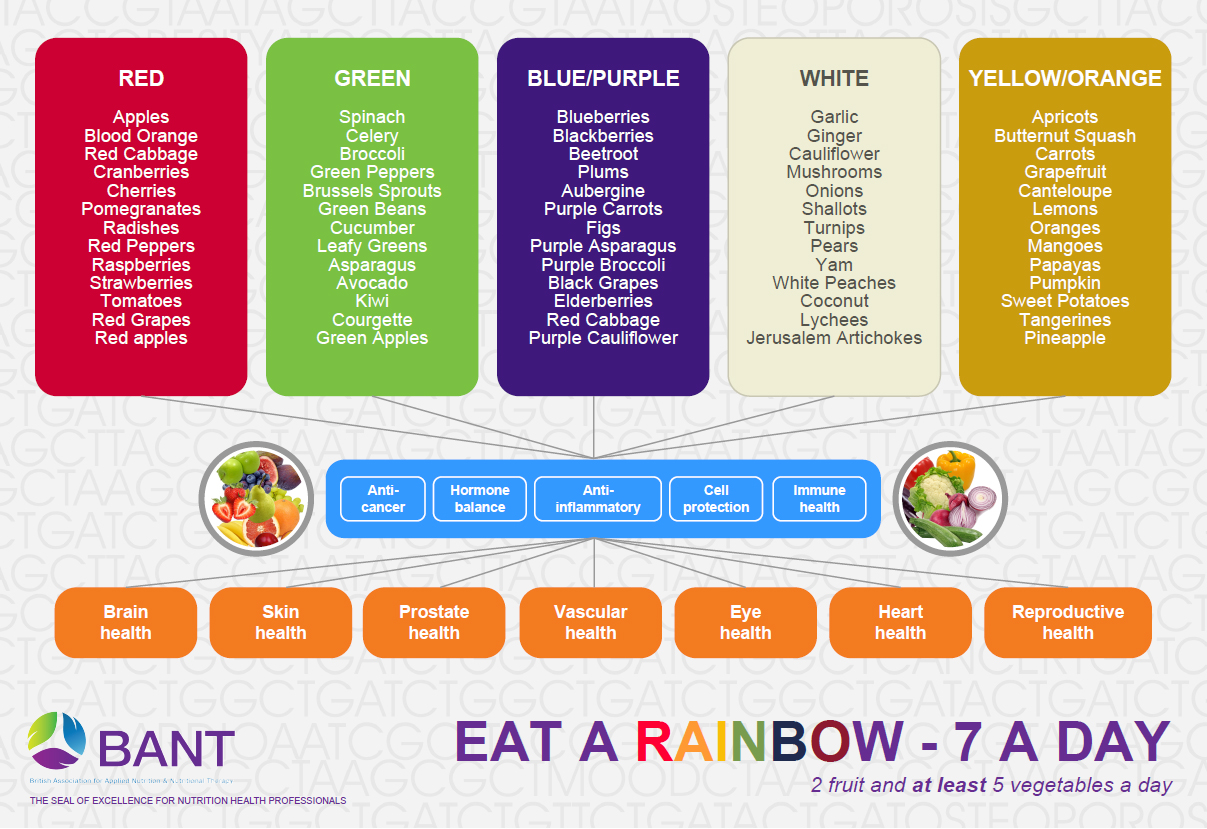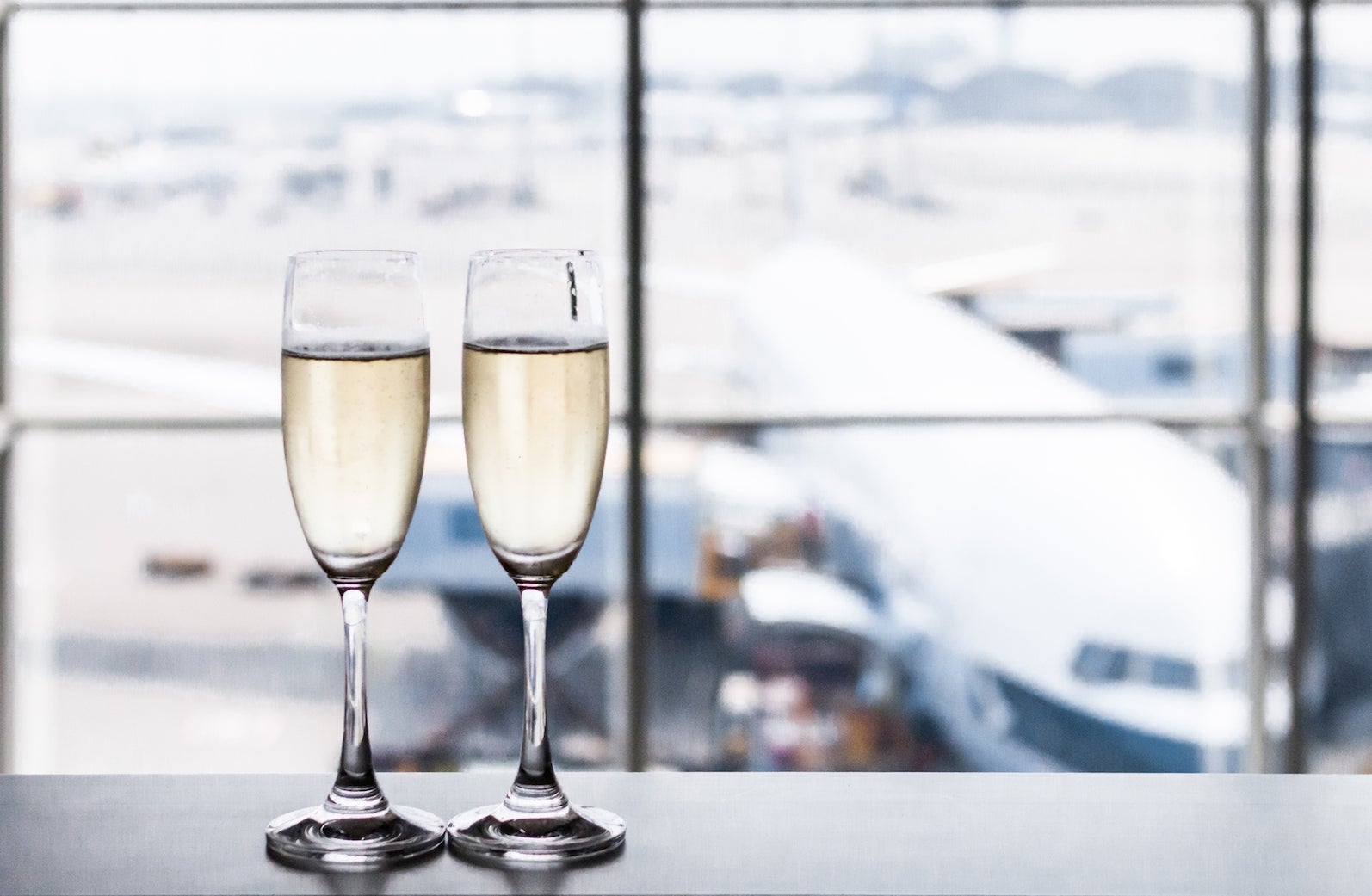Things You Should Do Before, During and After Flying to Stay Healthy
Not many travelers are aware of the affect that flying long-haul can have on your body. In fact, many seem to think is that flying is associated just with feelings of jet lag at your destination. But, you don't need to become a health expert to hack flying. There are a few simple steps you can take to support your health when traveling to make you feel fresher, less bloated and have more energy when you land.
TPG has outlined the things you can do before, during and after flying to get back on track with feeling fresh and healthy again.
Preflight
Prepare your snacks
It's no secret that airplane food can be a bit 'touch and go' when it comes to nutrition. There are rarely healthy options, and even the BA M & S buy on board menu items are high in sugar, and the shortcake comes in as one of the healthiest options on the menu. If you can, try to bring some healthy snacks with you for your journey. Examples include:
- Protein bars, which will help you keep your energy balanced until your destination. They do good for helping to satisfy the sweet tooth as well. Look for a bar containing at least 10g protein per bar and one that is low in sugar (5g per 100g of carbohydrate of which are sugars).
- Oatcakes with some slices of meat and cheese prepared and stored in a container. The balance of protein and slow-releasing carbohydrates will help fuel your body for a trip.
- Nuts and seeds contain protein and fat but also contain nutrients that can support the immune system during a flight.
- Beef jerky is easy to carry, as you can buy it in a health store and is also a super healthy snack to have with you in times of hunger. Make sure you get a brand that does not have any added sugar, honey or maple syrup.
Hydrate
Your flight hydration begins at home. Start your morning with a big glass of water and you should try to get 1-2 liters of water in before you board the plane. Herbal teas count toward this, but regular tea and coffee do not count as water intake. If you can't manage this, then start slowly in the days before the flight adding in an extra glass of water each day.
Eat a rainbow
Try to get a meal in before your flight that is rich in color, as it will be loaded with antioxidants, which can support your body and immune system during travel. Most people do not eat many fruit and vegetables when they're on a plane, so having a meal with a high vegetable content before the flight is advised.

Get in a workout
You're going to spend a number of hours sedentary in a confined space, so it's a good idea to get moving before you fly. A yoga class or swimming class is ideal, as those activities stretches the whole body. Don't have time to workout before you fly? Then try do some light stretching at the boarding gate or in the lounge.
During Flight
Support your immune system
A video recently went viral of Naomi Campbell wet-wiping her first-class seat, remote and "anything you can touch" before she sat down so she could minimize the risk getting sick. If you don't want to take it to that extreme, it may be a good idea to take vitamin C during the flight, as it can support your immune system and play a role in supporting your body if you drink on the plane.
Skip the meal or eat light
Whilst you may not want to do this, a solid recommendation to arrive feeling your best is to limit the amount of food you eat during the flight. Stay away from the heavy carbohydrate-laden foods and try to get a light meal of protein and salad. Traveling in economy? Try ordering a gluten free meal, which often comes with a fresh fruit plate for desert. Eating light can mean you get to your destination feeling less bloated and increases your chance of arriving free of jet lag.

Hydrate some more
This cannot be stressed enough. It's so important to drink 2-3 liters in the air, as you are more likely to be dehydrated and therefore suffer with low energy, headaches, dizziness and lethargy. Try to get some water from a member of the cabin crew each time you go for a comfort break. It's also a good idea to bring a moisturizer with you on the flight, as skin can feel dry during travel.
Move when you can
Right up there with hydration, moving around is just as important when traveling. Lack of movement can increase your risk of Deep Vein Thrombosis (DVT), which can be life threatening.
Post-Flight
Take Magnesium
Whilst there can be a number of supplements that can be good for air travel, Magnesium is one of the best to help the post-travel yucky feeling. It's great at supporting the nervous system and calming the body, helps balance electrolytes and can also help relax the bowel for those who feel a bit constipated or bloated. The best type of Magnesium for travelers is Magnesium Glycinate in a pill, but you can also get a Magnesium spray, which is good for cramps and general feeling of stiffness after traveling.
Get some exercise
If your flight arrives at a decent hour, then try and get to the hotel gym and get a workout in. It can wake up your body and stretch your muscles, which haven't been used for a long time. If you arrive late at night, at least do some stretching before bed. I recommend the downward dog yoga pose to release the tension in the whole body.
Eat a healthy meal
Try not to gorge on sugar and drink a lot of alcohol on the first night away. Your body is still recovering from the flight. Try to get a meal that is rich in protein and vegetables, and go easy on the carbohydrates. This combination will help you sleep and support your flight recovery and minimize jet lag risk.
Consider a sleep tea
There are many herbal teas designed to support the body for sleeping. The ingredients of these usually are camomile, lavender and valerian. Sample a few different brands at your health shop and see which one works the best for you. If it helps you sleep better when adjusting to a new time zone, then be sure to pack it with you.
TPG featured card
at Capital One's secure site
Terms & restrictions apply. See rates & fees.
| 5X miles | Earn 5X miles on hotels, vacation rentals and rental cars booked through Capital One Travel |
| 2X miles | Earn unlimited 2X miles on every purchase, every day |
Pros
- Stellar welcome offer of 75,000 miles after spending $4,000 on purchases in the first three months from account opening. Plus, a $250 Capital One Travel credit to use in your first cardholder year upon account opening.
- You'll earn 2 miles per dollar on every purchase, which means you won't have to worry about memorizing bonus categories
- Rewards are versatile and can be redeemed for a statement credit or transferred to Capital One’s transfer partners
Cons
- Highest bonus-earning categories only on travel booked via Capital One Travel
- LIMITED-TIME OFFER: Enjoy $250 to use on Capital One Travel in your first cardholder year, plus earn 75,000 bonus miles once you spend $4,000 on purchases within the first 3 months from account opening - that’s equal to $1,000 in travel
- Earn unlimited 2X miles on every purchase, every day
- Earn 5X miles on hotels, vacation rentals and rental cars booked through Capital One Travel
- Miles won't expire for the life of the account and there's no limit to how many you can earn
- Receive up to a $120 credit for Global Entry or TSA PreCheck®
- Use your miles to get reimbursed for any travel purchase—or redeem by booking a trip through Capital One Travel
- Enjoy a $50 experience credit and other premium benefits with every hotel and vacation rental booked from the Lifestyle Collection
- Transfer your miles to your choice of 15+ travel loyalty programs
- Top rated mobile app

